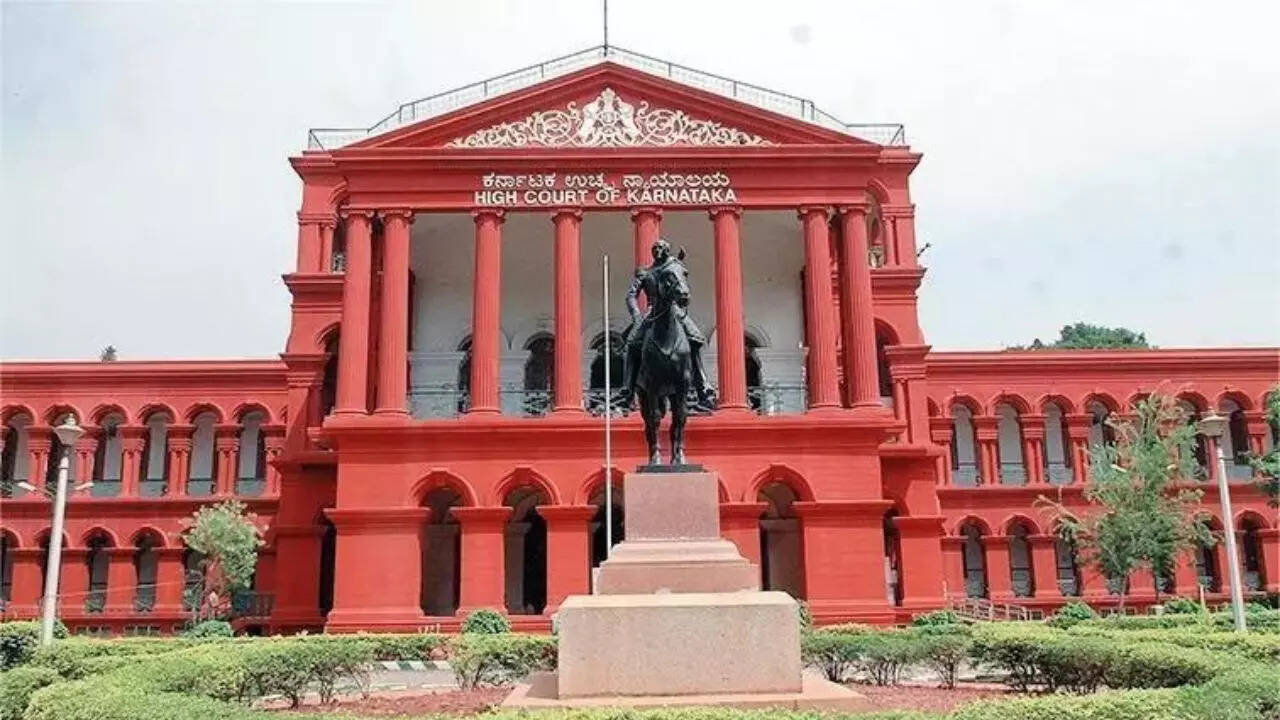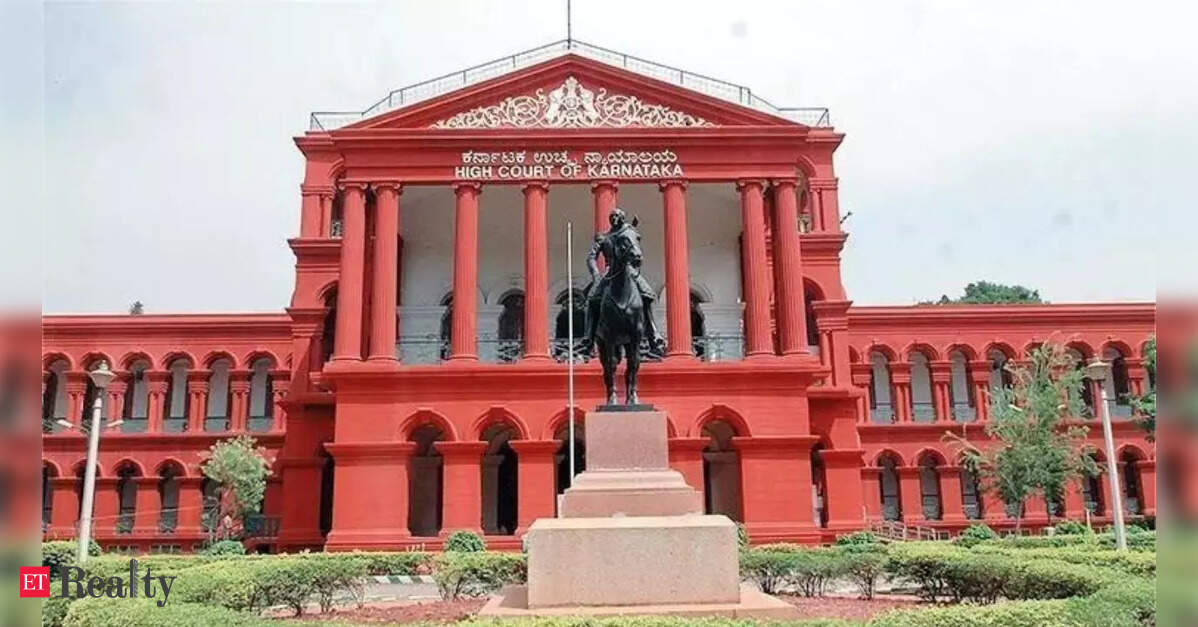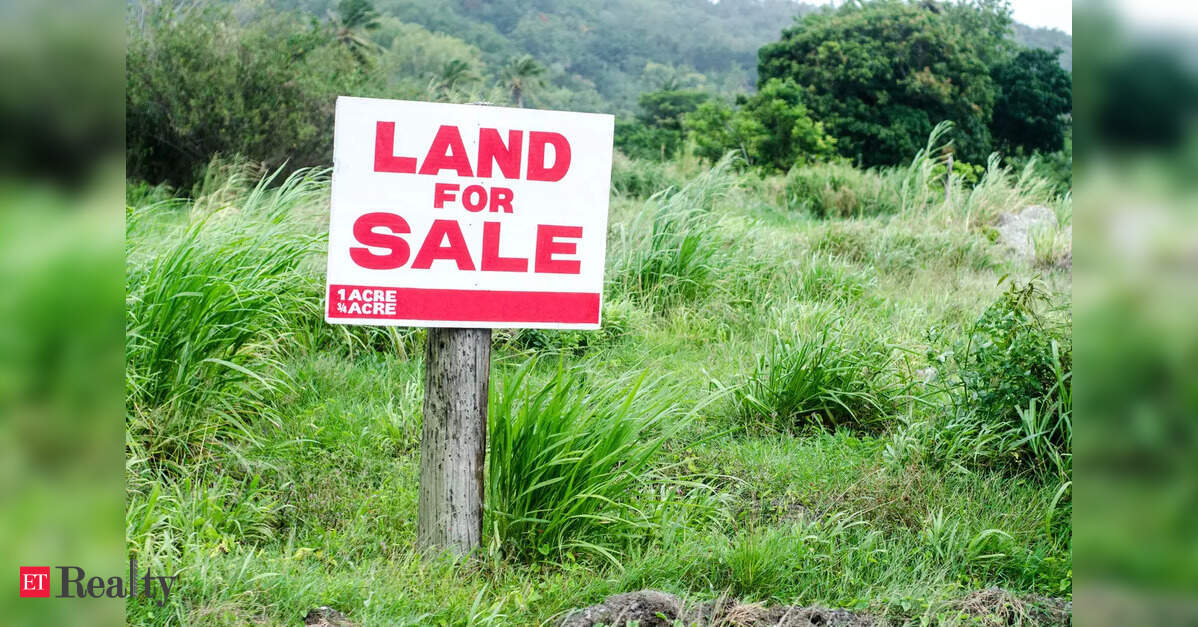
BENGALURU: The Karnataka High Court has called on the State Government to create a comprehensive framework to regulate land transactions involving converted lands located outside sanctioned layouts.
Justice Sachin Shankar Magadum, while reviewing a writ petition, noted that the increasing number of such transactions necessitates a clear regulatory structure. “With many buyers acquiring sites in converted lands not part of approved layouts, it is crucial for the State to develop a comprehensive scheme to manage these transactions,” the court asserted.
The judge emphasized that unless the government establishes appropriate guidelines or a regularisation mechanism under Section 17(2B) of the Karnataka Town and Country Planning Act, 1961, courts cannot issue directives that conflict with statutory requirements. The legislative intent behind this provision, the court highlighted, is to harmonize the rights of legitimate buyers with the overarching goal of organized urban development.
“The purpose of adding Section 17(2B) is to ensure that civic infrastructure and planned urban growth are maintained while also safeguarding the interests of innocent buyers,” the order stated.
These observations arose during the dismissal of a petition by U Mamatha, who sought a directive to the Holalkere Town Municipality for the issuance of an e-khata for her property. Mamatha provided her title deed, conversion order, and tax receipts, claiming a manual khata was issued in 2015 and that she has been paying property tax consistently.
However, the municipality referred to government circulars prohibiting the issuance of e-khatas for plots lacking approved layout plans from competent authorities. The court agreed, noting that while the petitioner’s property is situated on converted land, it is not part of an approved layout.
Referring to Section 17(2B), the bench emphasized that this provision aims to ensure orderly urban development, sufficient civic amenities, and to prevent unregulated layouts that could burden public infrastructure. The court also noted that local authorities had previously sought government approval to collect betterment charges as a step toward regularizing such sites, but the proposition was rejected.
Justice Magadum concluded that the municipality had no legal obligation to issue an e-khata for the petitioner’s site. “A writ of mandamus is applicable only when there is a corresponding duty imposed on the authority and a legal right vested in the petitioner. In the absence of both, no such writ can be granted,” he stated.




